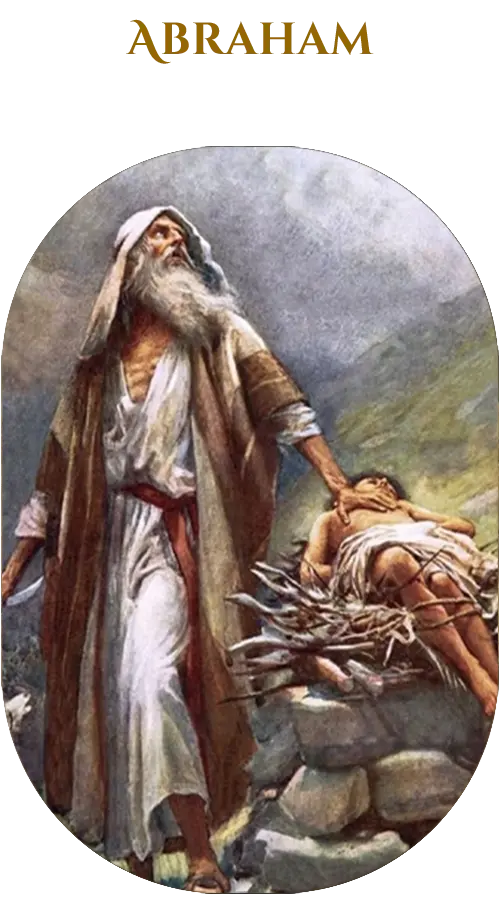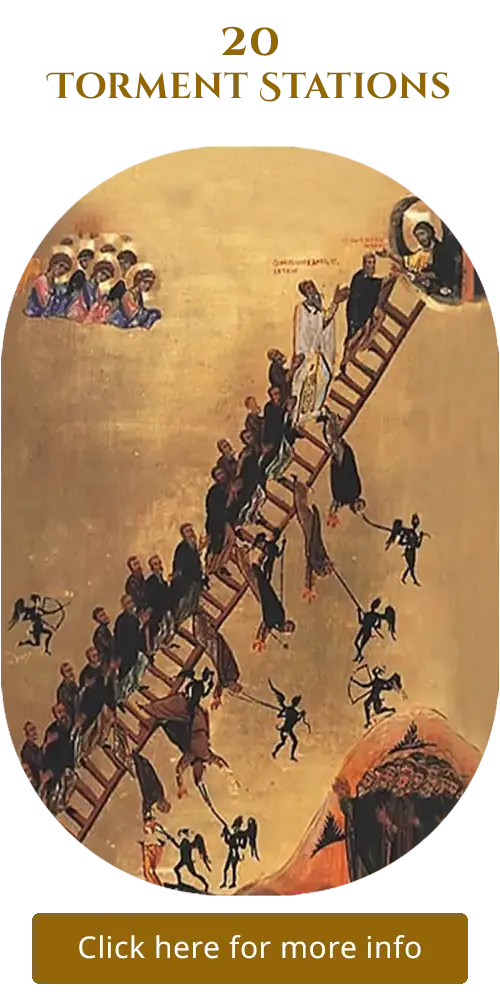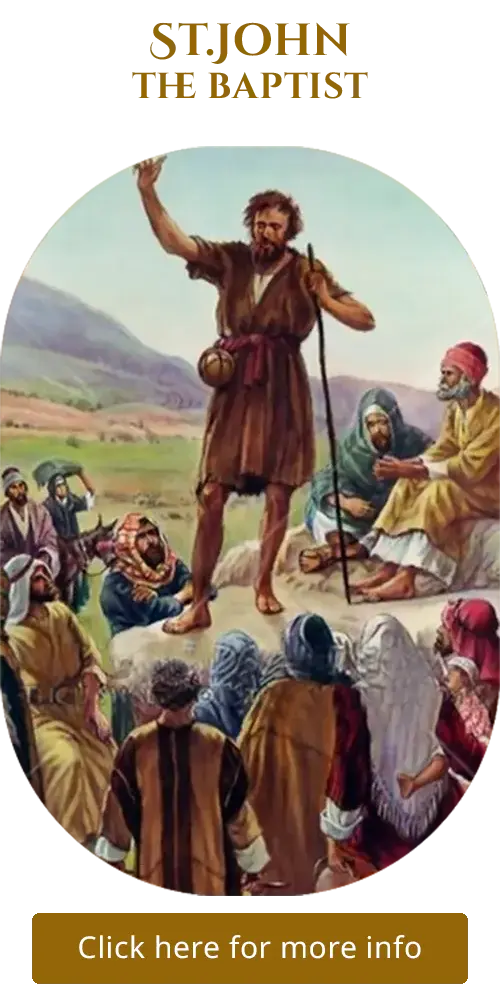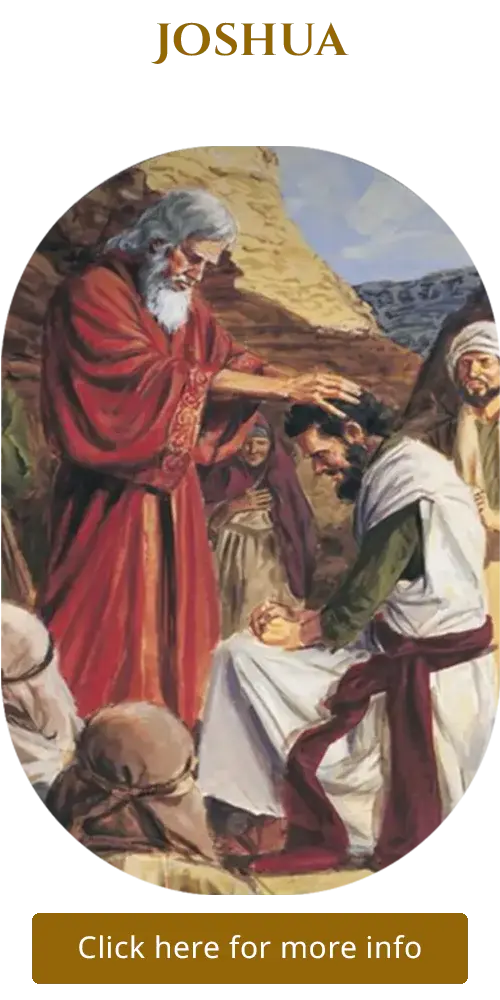St. Barthlomew
Outside Paintings - North Wall
Abraham: The Father of Faith



Reference: Genesis 11:26–25:10
Abraham, originally named Abram, was born in Ur of the Chaldeans. His father, Terah, took him, his wife Sarai, and his nephew Lot from Ur to Haran, where they settled. When Abram was 75, God told him to leave his country and family for a land He would show him, promising to make him a great nation, bless him, and make his name great, so that all peoples would be blessed through him. Abram obeyed, taking Sarai, Lot, and their possessions to Canaan. There, God promised to give the land to his descendants. Abram built altars and moved through Canaan, but during a famine, he went to Egypt, where he asked Sarai to say she was his sister to protect him. Pharaoh took Sarai into his house but was afflicted by plagues, discovered the truth, and sent them away.
Back in Canaan, Abram and Lot separated due to their large herds. Lot chose the Jordan Valley near Sodom, while Abram settled in Hebron. God reaffirmed His promise of countless descendants and the land. When Lot was captured in a war, Abram rescued him with 318 men. He met Melchizedek, king of Salem, who blessed him, and Abram gave him a tenth of everything. God made a covenant with Abram, promising the land from the river of Egypt to the Euphrates. Since Sarai was barren, she gave her servant Hagar to Abram, who bore Ishmael when Abram was 86.
At 99, God appeared to Abram, renaming him Abraham (“father of many nations”) and Sarai Sarah, promising a son, Isaac, through Sarah. God established circumcision as a sign of the covenant, and Abraham circumcised his household. Three visitors (angels) came to Abraham at the oaks of Mamre. He offered them hospitality, and they announced that Sarah would bear a son. Sarah laughed, as she was old, but God reaffirmed the promise. The visitors revealed God’s plan to destroy Sodom and Gomorrah. Abraham pleaded for Sodom, asking if God would spare it for the sake of righteous people, and God agreed to spare it for ten righteous. However, only Lot and his daughters were saved when the cities were destroyed.
Abraham moved to Gerar, again calling Sarah his sister. King Abimelech took her but was warned by God in a dream and returned her, giving Abraham gifts. Sarah bore Isaac when Abraham was 100. At Sarah’s request, Abraham sent Hagar and Ishmael away, but God promised to make Ishmael a nation. Abraham made a treaty with Abimelech at Beersheba. God tested Abraham, commanding him to sacrifice Isaac on a mountain in Moriah. Abraham obeyed, but an angel stopped him, providing a ram instead. God reaffirmed His promise to bless Abraham’s descendants.
Sarah died at 127, and Abraham buried her in a cave at Machpelah, which he purchased. Abraham sent his servant to find a wife for Isaac from his relatives in Haran. The servant met Rebekah, who married Isaac. Abraham married Keturah, who bore him more sons. He died at 175, was buried with Sarah in Machpelah, and Isaac inherited his possessions, while God blessed his other sons.
Abraham’s life calls Orthodox Christians to emulate his deep trust, obedience, and hospitality, inspiring believers to live in faith and anticipation of God’s redemptive plan. His example reminds us that true righteousness flows from a heart fully surrendered to God, trusting in His promises even amidst uncertainty.






